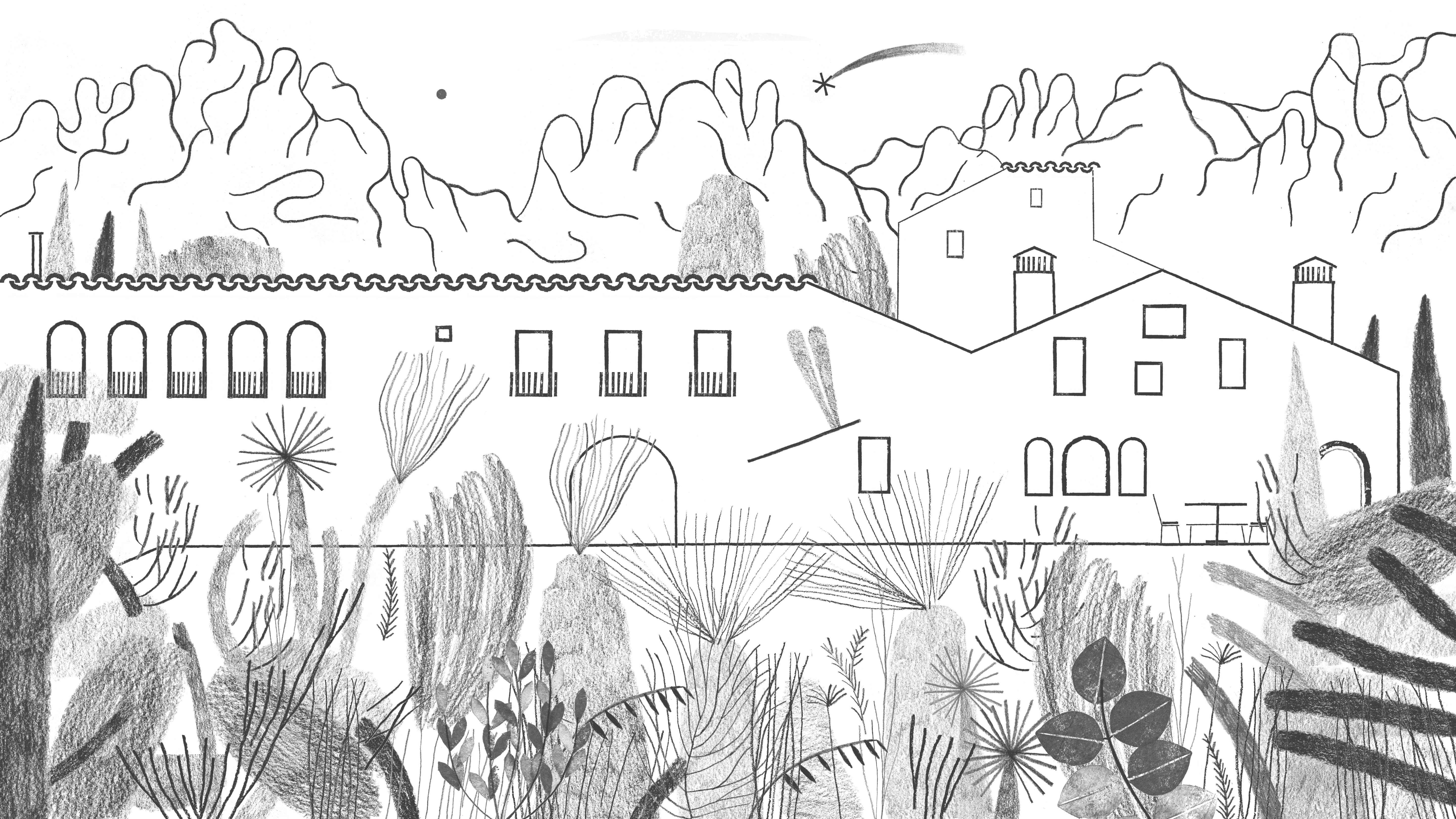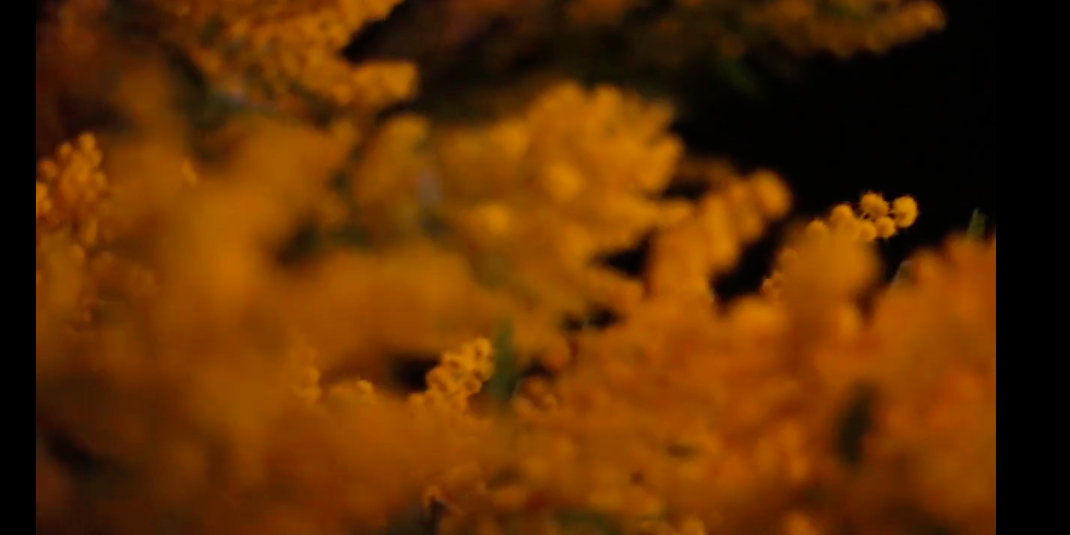Link to the video >> Constanza, 2016
Constanza aimed to be a mere representation of a statistical analysis limited to a small number of people in one community, randomly met on the streets, coffee bars, bakeries, etc. The content of the questionnaire, as well as the initiation behind it, are appropriated by the Felix Guattari’s term Ecosophy. The three ecologies (1989) is a book about the practical functioning of a system in its challenges throughout the inevitable practices of everyday life. Basically, there are three very cohesive and hardly distinctive ecologies that follows his particular idea of ecosophic system; Mental, Social and Environmental ecology. I decided to use this particular markers as postulates for the development of the questionnaire.
Mental ecology: How do you feel about yellow?
Social ecology: What is the difference between social system and a social network?
Environmental ecology: What do you think about the recent statement of Stephen Hawking that black holes do not exist?
The project started in 2015 as a proposal for audio visual work that aims to be a fictional story about the emerging of one fictional character. The specificity of the character would be the tendency to become an author of its own personality.
Within the first month of the field research I made in the aims of Can Serrat International Artistic Residence program in El Bruc, Spain, I talked to several people, explaining the project and its conditions. Namely, if they wanted to answer the questionnaire they had to take the credits for the work, or to become legislate authors in its creation. The responsibility for the final product goes back to the one who proposed its existence, thus encountering the conceptual gaps of the initiative.
The gathered material in the format of recorded discourse by the participants went under the processes of interpretation, or it was directly put as a part of the sound line in the editing program. Since the concept in the beginning didn’t allow the opportunity to give a profound inclusive role to the participants they were reduced to voices, or thoughts. From here they generated the differences that are typical for the changes in one character over the years, no matter the beliefs or principles. These changes I found necessary for the further development, mainly because of correspondence with the actual position science has concerning different ecologic aspects. For example, the official governmental position of the United States of America today, regarding the urgency of climate changes. What has been stated is irrelevant for this example but the fact that science is not a holder of an executive power in the World’s Integrated Capitalism.
In this logic, this research in the recent development of major policy changes concerning environmental ecology may serve as markers to trace the relevant changes in mental and social ecology today.
Regarding the relation of science today with progressive strategies against the forms of massive oppressors can be marked as inexistent. It cannot be clear if there ever was. Yet, this generalization does not exclude the isolated cases of advanced studies that keep on emerging regularly.
The classic concepts of modernity in their tactics to reduce and spread had the highest successes so far. The plan where form follows function has had the chance to fail by its opposite. In the years where the image came in charge several forms are chosen and new executive functions emerged. No matter how toxic they may seem concerning certain ecological logics, their fluctuation is randomly distributed in form of banalities.
Aestheticization of everyday life may represent the total alienation of oneself by himself, leaving the concerns over alienated work way behind in the past. Many may disagree with the repetitive justifying statements on the links between human nature with work in their innately relationships. However, the role of the aesthetic alienation in the everyday life is of an oppressive nature. Moreover, this strategy does not provide any possible synthesis, only scattered, dissociative poaching possibilities in unlimited varieties and functions.
The aestheticization of everyday life introduced new tactics in the behaviour of institutions relevant in the fields of the sciences of the senses. Following the major public events in the fields of contemporary arts such as Venice Biennale for example, only the opposite can be stated. Art now is interested in crisis, more precisely by the mind in pain. The body is left aside, as a concern to the positivist long gone neo-Marxists traditional interest. The new emerging propositions towards crisis are the one of the self in a manner that positions a character as a static and independent self-emanating universe. Regarding the latter, I tried to propose a new type of commitment to oneself where one character can only emerge while synthetizing many influences and events.
The processes of interpretation that are integral part of the project Constanza are used in order to attribute one comprehensive thought behind several similar statements. Similar data processes are serving the effective or affective treatment towards science. These processes are more or less subjective.
The differences that were produced during the quantitative research in the form of different answers following the same questions can be reduced to a rough calculation of 75%, although the questions are not meant to have a significant proper answer. The similarities are not expected and proved that people are comfortable by giving an expected answers.
Therefore, the subjectivity of the many has a role to contribute to the development of a new subjectivity. This new subjectivity is equally strange to all the participants, and has a unifying aspect in this case. Boris Groys proposes Stalinism as the ultimate form of equality, where one person is absolutely equally positioned against all. Here, I can relate to the latter with the proposition for inclusive treatment towards the group in the positioning of the power towards equal rights.
The problem is in the position of the initiator, where in the example Groys proposed, one has absolute power towards the subject. The power here is took over by the form of production, with other words, being the one who initiated the project. The attempt to threat executive power as a tactic that produce abstract discourse could be accepted if the sensory scientists put deciding in line with the discourse generating activities. Until than the project could be considered as a failed project because of the impossibility to take equal stands of merit with the big Other in the group.
Jean-François Lyotard for example, proposed us the risk to lose oneself in the attempt to create just conditions for a development of a better self in the future. Therefore the search in the spirit of the collective may result in one single factor that equally differentiates itself from all Other.
In Foucault’s terms, the Other has a crucial role in the processes of self-becoming by the constitutive power the Other can has over us, or opposite.
This practice based research in this case aims towards tracing the discourse in its varieties, by questioning the necessity and importance. The position of the project as an experiment change the position of primarily audio visual project. But now there is no director, nor main characters. Not a single contact for the right to copy, or change. It is available on the World Wide Web 24/7, therefore it is a material project who that consists primarily of aligned numbers. The economic aspect in the form of money is also gone. Are several new economic aspects on the (vertical) horizon, or the Internet? The rhetorical question serves here as an example for the forbidden question. The one the teacher uses as an example, but anyhow it is out of the role question has.
The difference, in general, is not easily distinguishable on many levels. For the one, it could be traumatic, or tragic to figure out the changes are slow but existent leading to unknown directions. That’s the impression one can easily get about figuring out Constanza’ validity. Today, economy neutralizes culture in a rich variety of attempts. Culture also neutralizes economy when it does not work primarily as to support the prosperity of World’s Integrated Capitalism. The internet emerges as the only revolt kindergarten while the revolt could be in the form of an undeveloped organism.
The tactics Michel de Certeau uses to trace the recent historic past, are a proof that a culture may provide its own purpose by accepting the imposed order. Appropriation process of his ideas from the work The Practices of Everyday Life in the form of a fake dialogue from randomly organized outlined phrases exploits the links with prenatal period Constanza had experienced.


 Español
Español Catalá
Catalá